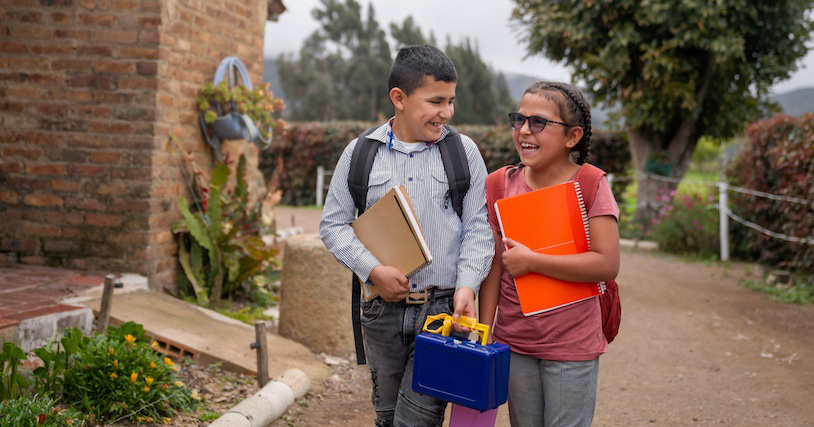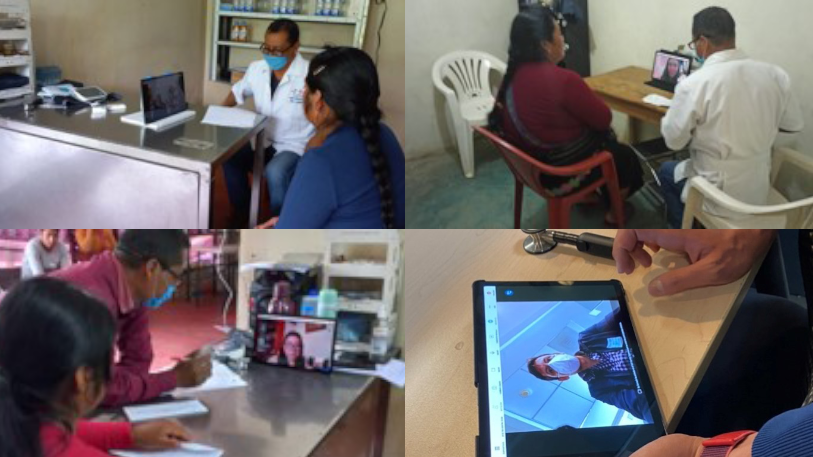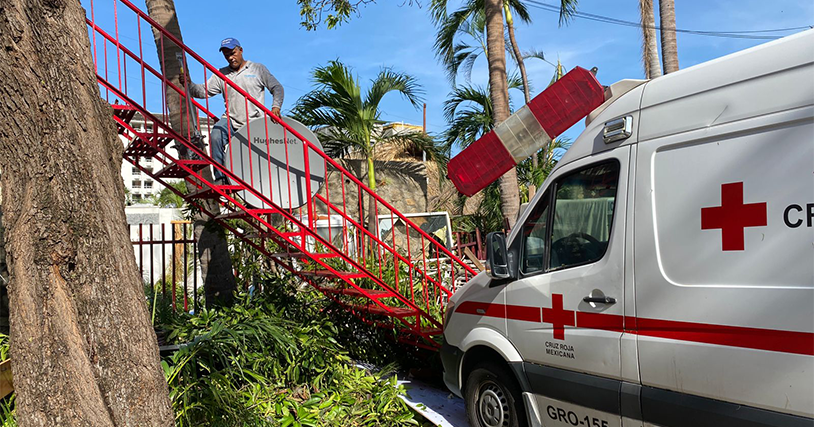Recognizing the Impact of Wireless Technology: World Wi-Fi Day 2024

Initially created as a local networking tool, Wi-Fi today transforms the way people work, enables diverse groups to communicate, and creates a bridge across the digital divide.
Wi-Fi plays a critical role in providing free internet access to developing countries and rural areas as service providers and technologists work to connect the unconnected worldwide. It delivers the world to the fingertips of many and makes it possible for people to learn, grow, and flourish. Because of all the good Wi-Fi brings to the world, the Wireless Broadband Alliance established an annual celebration of the technology.
According to the Wireless Broadband Alliance, more than 4 billion people around the world have no internet access, including 80% of households in poorer countries and 75% of students in rural areas. For a world that seems to have become so technologically advanced, it’s surprising—and concerning—that only 55% of households globally have internet access.
Hughes is honored to be at the forefront of bringing Wi-Fi and connectivity to remote communities around the world. In honor of World Wi-Fi Day 2024, here are just a few examples of our work in helping to bridge the digital divide.
Providing Medical Access in Mexico
Pro Mazahua, also known as the Pro Mexico Indigena Foundation, partnered with Hughes for reliable internet connectivity, wherever they traveled, to connect potential patients with medical professionals located remotely.
Pro Mazahua works to mitigate challenges faced by Indigenous communities in the southernmost tip of Mexico. In a remote region called Chiapas, some 17 million people from 68 Indigenous communities live in mountain villages that lack clean water, electricity, sewage systems, adequate food supplies, and access to medical services. Across Chiapas, internet access is largely unavailable, and where it does exist, service is slow and unreliable.
Hughes provided Pro Mazahua with HughesXpress Wi-Fi equipment in two rural clinics equipped with medical equipment, medicines, and iPads. The team used the Wi-Fi equipment with Hughes satellite connectivity to enable a hotspot for connectivity at each of the clinics. The clinic in Chiapas is now referred to as a “holy place” by the local people because of its significant, positive impact and importance to the communities.
Connecting Schools and Students in Peru
In Peru, thousands of inhabitants in remote, disconnected areas are lacking the internet connectivity required to study, work, and connect with the world. Conectando Sueños (Connecting Dreams) was created to reduce the digital divide in the country and support residents in fulfilling their dreams.
Schools in areas like Cusco and Puno have benefitted from the program. Students in Cusco previously had access to computers, but no internet connectivity. When the regional government was unable to assist in establishing access, they turned to Hughesnet Peru. Students now enjoy quality, enriching educational content via the internet.
In Puno, teachers experienced challenges attending virtual meetings, having to search for a place to connect to the weak signal. As a result, courses could not be carried out properly. With free internet access via Hughesnet, students now arrive to school early with great enthusiasm to do their course work.
Satellite Connectivity Aids Emergency Response
In the wake of Category 5 Hurricane Otis, residents, tourists, and government officials in Acapulco, Mexico, found themselves stranded in knee-deep water with no electricity and no connectivity. Hughesnet Mexico and partner StarGo Empresarial worked together to provide connectivity for government and civic organizations, including the Mexican Red Cross, the Emergency Medical Rescue Squadron (ERUM), and temporary shelters across the region.
Where generators were available, HughesNet and StarGo installed more than 60 sites to provide satellite internet service, allowing users to place voice calls, send text messages, and access WhatsApp and other social networks. In areas where generators were not available, the team was able to establish connectivity by installing satellite antennas to solar panels, which powered batteries and, ultimately, modems.
Separately, a 2023 earthquake that struck southern Turkey decimated the entire telecommunications infrastructure in the area. More than 230,000 relief volunteers working across 200 miles needed connectivity to communicate, coordinate, and collaborate. To help, the Hughes India team supplied Quick Deploy antennas and VSATs for field communications. With the equipment in place, the country’s National Disaster Response Force (NDRF) could deploy several search, rescue, and medical teams, as well as establish a field hospital near the earthquake’s epicenter.
In this instance, Hughes also worked with Turksat, the state-owned telecommunications provider serving a broad area from Europe to Asia, to deploy mobile terminals to establish satellite connectivity and cellular backhaul service across various disaster areas.
Natural disasters, unfortunately, showcase how critical satellite and backup connectivity is even for highly traveled areas that normally have access to the internet and its benefits. When these events occur, time is critical, and connectivity is essential.
With nearly half of the world without connectivity, Hughes is on a mission to help close the digital divide. Discover how we connect the unserved and underserved.

